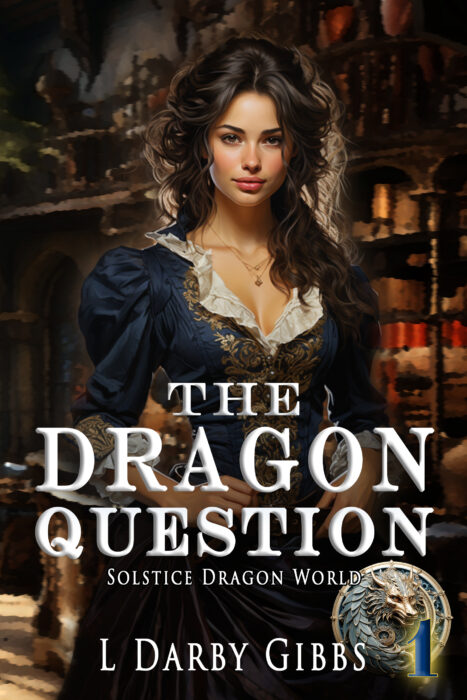John Steinbeck wrote for and about the guy next door, the man that works to pay the bills at the end of the month, for the poor cuss who hopes and hopes even when hope is lost, and loses and loses, even when he wins. Tortilla Flat He moved slowly and cautiously. Now and…
Tag: writing
Door to the inside of a monster John Gardner’s Grendel is a work of delight and derangement cluttered in one diabolical monster’s mind. It is poetry garbed in prose, sophistry hiding behind a misunderstood, disadvantaged descendent of Cain. Gardner slips his monster into the reader, building sympathy and support as the beast twists its words…
Reading a Connie Willis novel is like drowning. Her very first paragraph is a rip tide that lets you get a breath just often enough not to drown you. You spend a lot of time treading water, but the liquid feels so lovely against your skin, a blood warm suspension, and you pray for breath…
The art of writing dialogue I have always enjoyed reading Heinlein’s books, but it is his dialogue that holds my attention the most. His characters play with words and by doing so demonstrate relationships and conditions. This excerpt from The Cat that Walks Through Walls is a great example of how his dialogue clearly separated…
ring by ring, we build brevity, depth, complexity, simplicity Every new skill or bit of knowledge we learn brings with it that usage curve that starts out complex, and as we gain understanding and mastery, we simplify and integrate. That applies to life and work in general, but it is also the essence of growing…
start with something & keep writing What better post to discuss beginnings on than In the beginning…. Where to start the story? Start with any word that comes to mind — the beginning is just that: a place to start. a character talking to another character the character talking to the reader the character talking…
Branch of the family tree, okay vine. Often when I read science fiction, the main characters and certainly the supporting and stock characters rarely have family. I don’t mean they don’t ever have family, but family is not the cause of change or action in them. Family is window decoration in most novels. Yet family…
Write when you can. Be there the rest of the time All writers juggle their private and public lives with their writing lives. It doesn’t matter if they write for a living or write part time. Yesterday, I had a rare day free from any after-work demand from my job. I had a post for…
